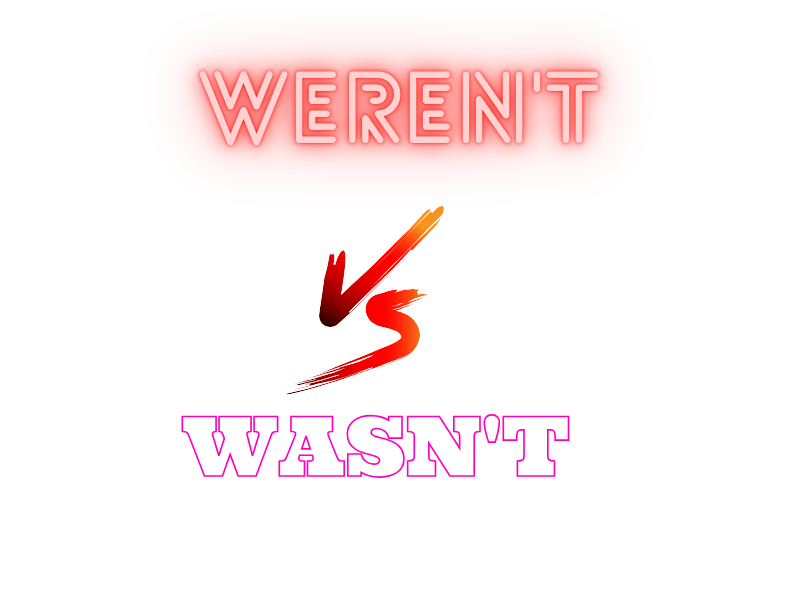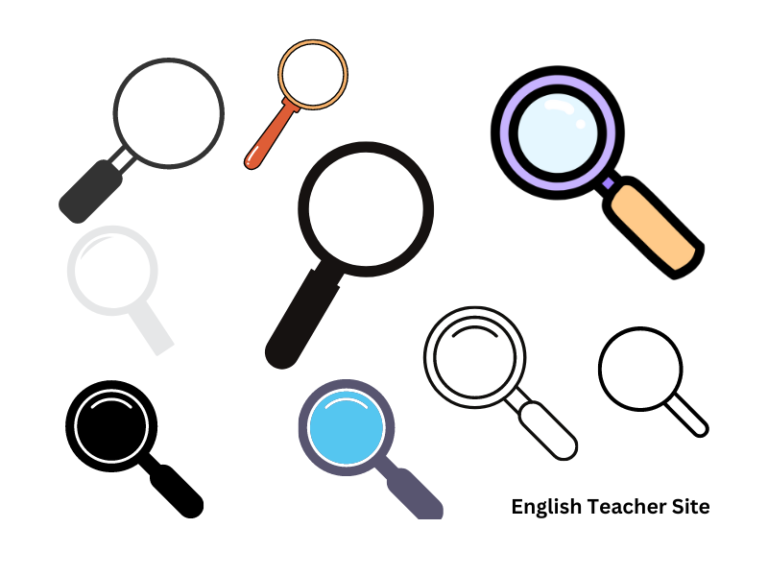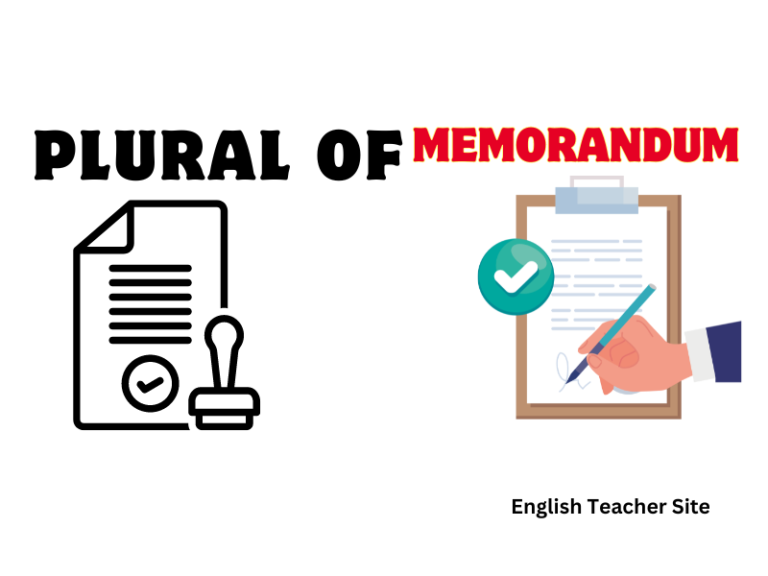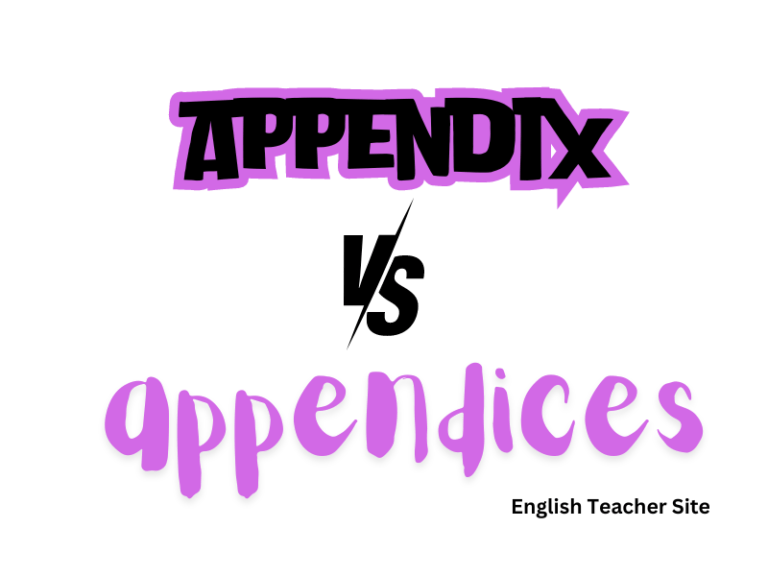Weren’t vs. Wasn’t: Easy Guide for Perfect English Grammar

Confused about when to use weren’t or wasn’t? You are not alone! Many English learners struggle with these two words. In this easy, step-by-step guide, you will learn simple rules to master the difference. By the end, you’ll avoid embarrassing grammar mistakes and speak English with more confidence.
Why Understanding “Weren’t” vs. “Wasn’t” Is Important
Learning how to use weren’t and wasn’t correctly is essential for clear communication. These are negative forms of the verb to be in the past tense. Mistakes can confuse your listener or reader. Whether you are preparing for exams, writing emails, or having conversations, this guide will help you use these forms the right way.
- Improve your grammar accuracy.
- Sound more fluent and natural.
- Avoid common errors made by English learners worldwide.
Weren’t vs. Wasn’t: Simple Grammar Rules
When to Use “Wasn’t”
Wasn’t is the contraction of was not. It is used with singular subjects:
- I
- He
- She
- It
Examples:
- I wasn’t at home yesterday.
- He wasn’t ready for the meeting.
- She wasn’t happy with the results.
- It wasn’t raining this morning.
When to Use “Weren’t”
Weren’t is the contraction of were not. It is used with plural subjects and you (whether singular or plural):
- We
- You
- They
Examples:
- You weren’t on time this morning.
- We weren’t invited to the wedding.
- They weren’t at school yesterday.
Quick Summary:
- Wasn’t = Singular subjects (I, he, she, it)
- Weren’t = Plural subjects (we, you, they)
5 Easy Rules to Master Weren’t vs. Wasn’t
- Use wasn’t with singular pronouns: I, he, she, it.
- Use weren’t with plural pronouns: we, you, they.
- You always takes weren’t, even if talking to one person.
- Both forms are used in past tense negative sentences.
- No changes are needed for formal or informal English.

Practical Examples for Global Learners
Sentences with “Wasn’t”
- I wasn’t sure what time it was.
- He wasn’t answering his phone.
- It wasn’t a big problem.
Sentences with “Weren’t”
- You weren’t listening during the lesson.
- They weren’t happy with the decision.
- We weren’t expecting visitors.
Global Usage Tips
- No regional differences: The rules are the same in British and American English.
- Consistency: Formal and informal situations use the same rules.
Common Learner Mistakes and How to Fix Them
| Mistake | Correction | Explanation |
|---|---|---|
| They wasn’t happy. | They weren’t happy. | “They” is plural, so use “weren’t.” |
| You wasn’t ready. | You weren’t ready. | “You” always takes “weren’t.” |
| He weren’t at the party. | He wasn’t at the party. | “He” is singular, so use “wasn’t.” |
Practice Exercises with Answer Key
Fill in the blanks
- She ________ there when I arrived.
- We ________ sure about the time.
- You ________ paying attention!
Rewrite the sentences
- He weren’t at home last night.
- They wasn’t interested in the offer.
Answer Key
- 1. wasn’t
- 2. weren’t
- 3. weren’t
- He wasn’t at home last night.
- They weren’t interested in the offer.
Related Vocabulary and Synonyms
Contractions and Full Forms
- Was not → Wasn’t
- Were not → Weren’t
Synonyms for Practice
- Absent
- Missing
- Lacking
- Not present
- Unavailable
Useful Verb Forms
- Was / Were
- Had / Have
- Did / Do
Frequently Asked Questions (FAQ)
1. Can “weren’t” ever be used with singular subjects?
Yes! “Weren’t” is used in the subjunctive mood, for example: If I weren’t so tired, I would go out.
2. Why does “you” use “weren’t” and not “wasn’t”?
In English grammar, “you” follows plural verb forms, even when it refers to just one person.
3. Is there a difference between British and American English for “weren’t” and “wasn’t”?
No. Both forms follow the same grammar rules in British and American English.
Conclusion: Master “Weren’t” and “Wasn’t” Today
Now you know the difference between “weren’t” and “wasn’t”! Practice regularly, and you’ll use them correctly every time. Review the examples, test yourself with the exercises, and apply these rules in your everyday English conversations.
- “Wasn’t” = Singular subjects (I, he, she, it)
- “Weren’t” = Plural subjects (we, you, they)
Keep learning! Explore more grammar guides to become a confident English speaker.
My name is Khamis Maiouf. I am the creator of the English Teacher Site, dedicated to providing valuable resources and insights for students around the world. With a passion for education and a commitment to helping students enhance their skills, I aim to make English teaching more effective and enjoyable for both educators and students.






